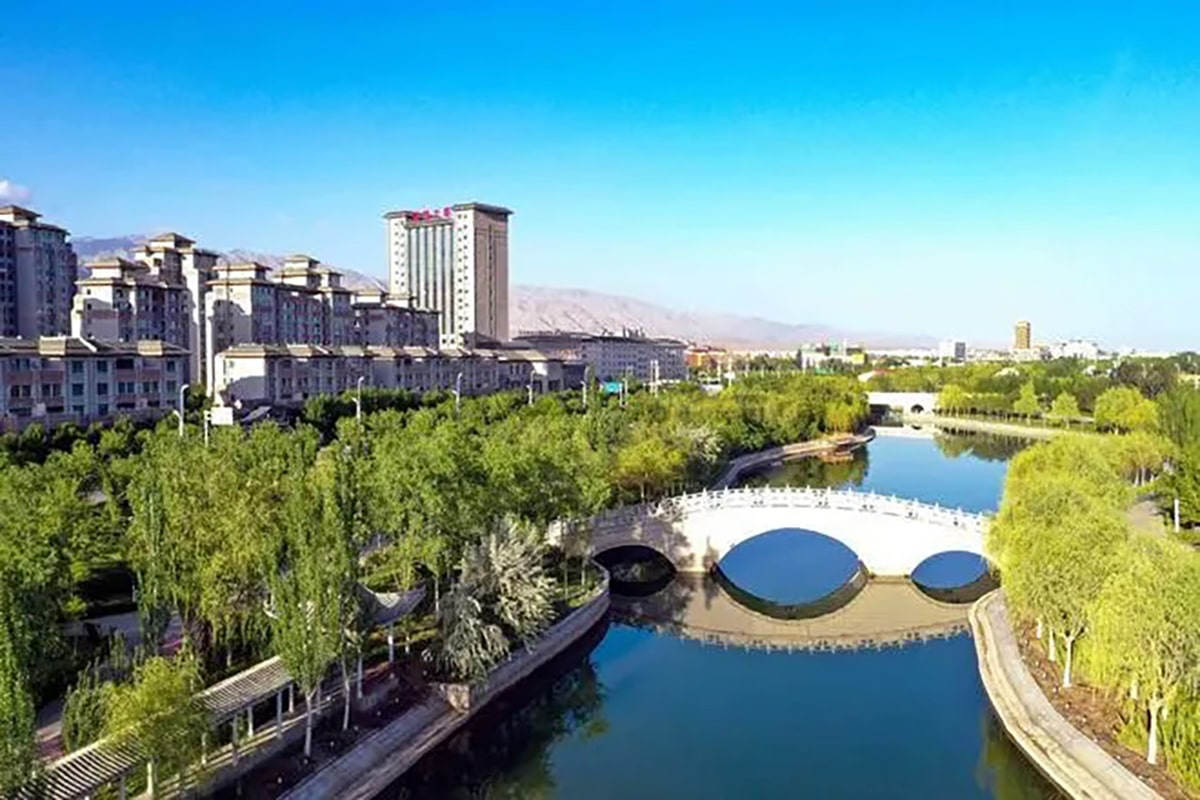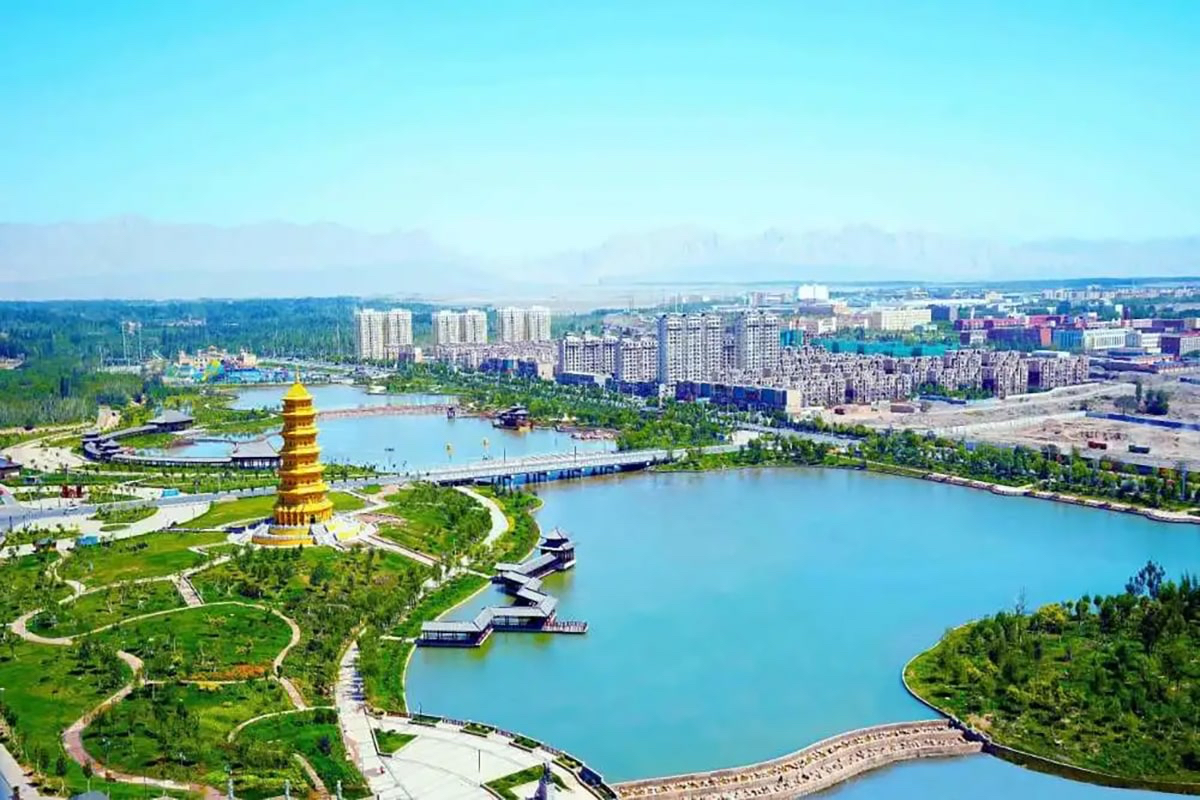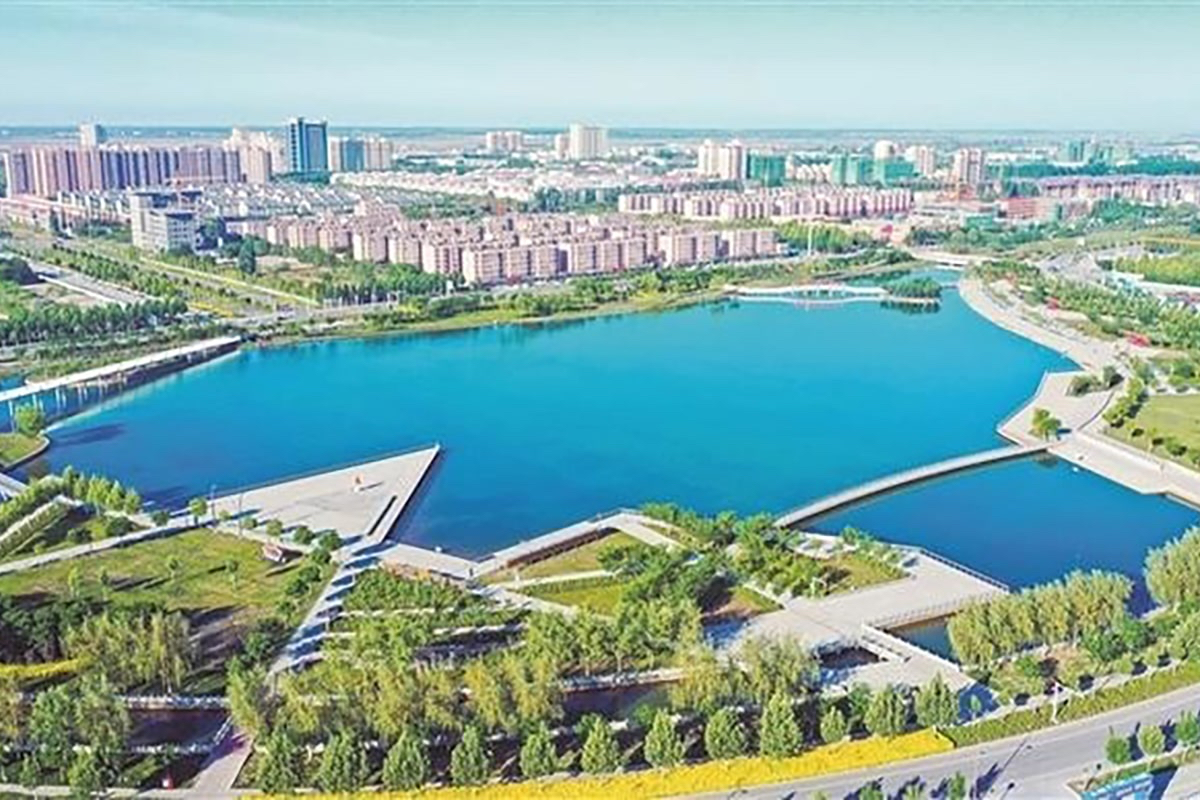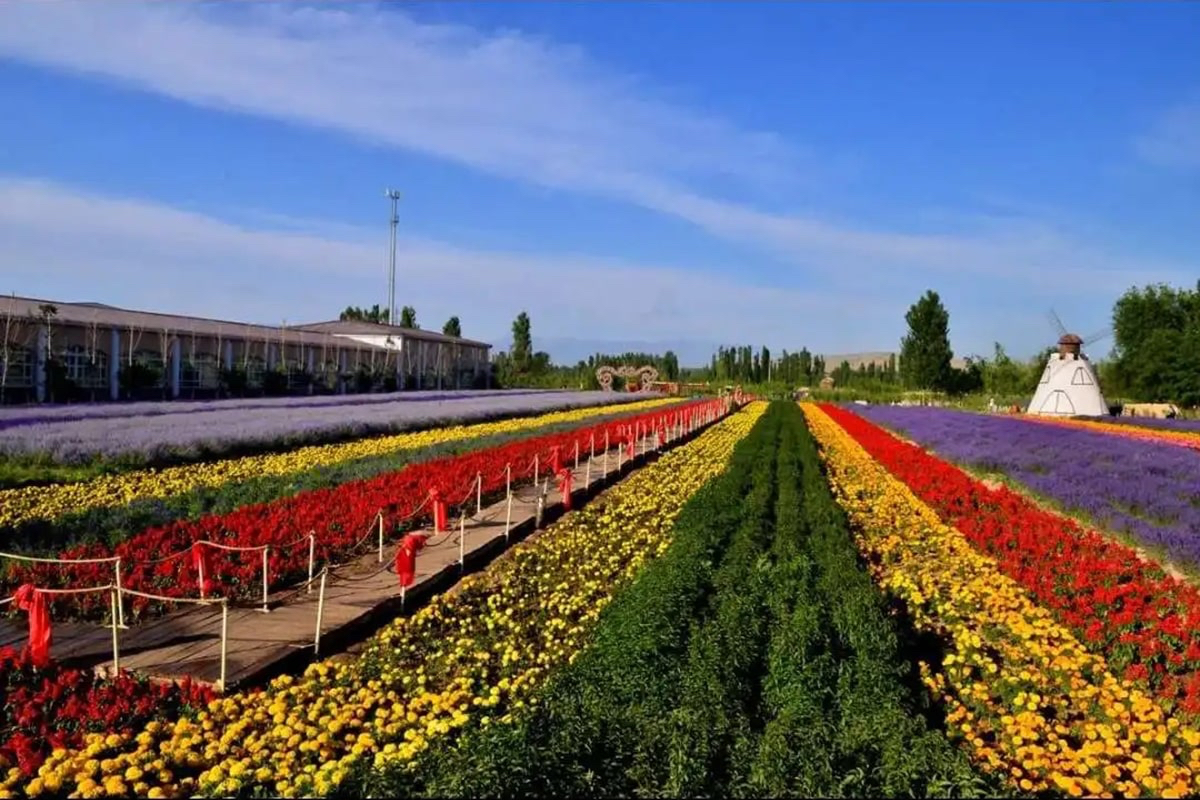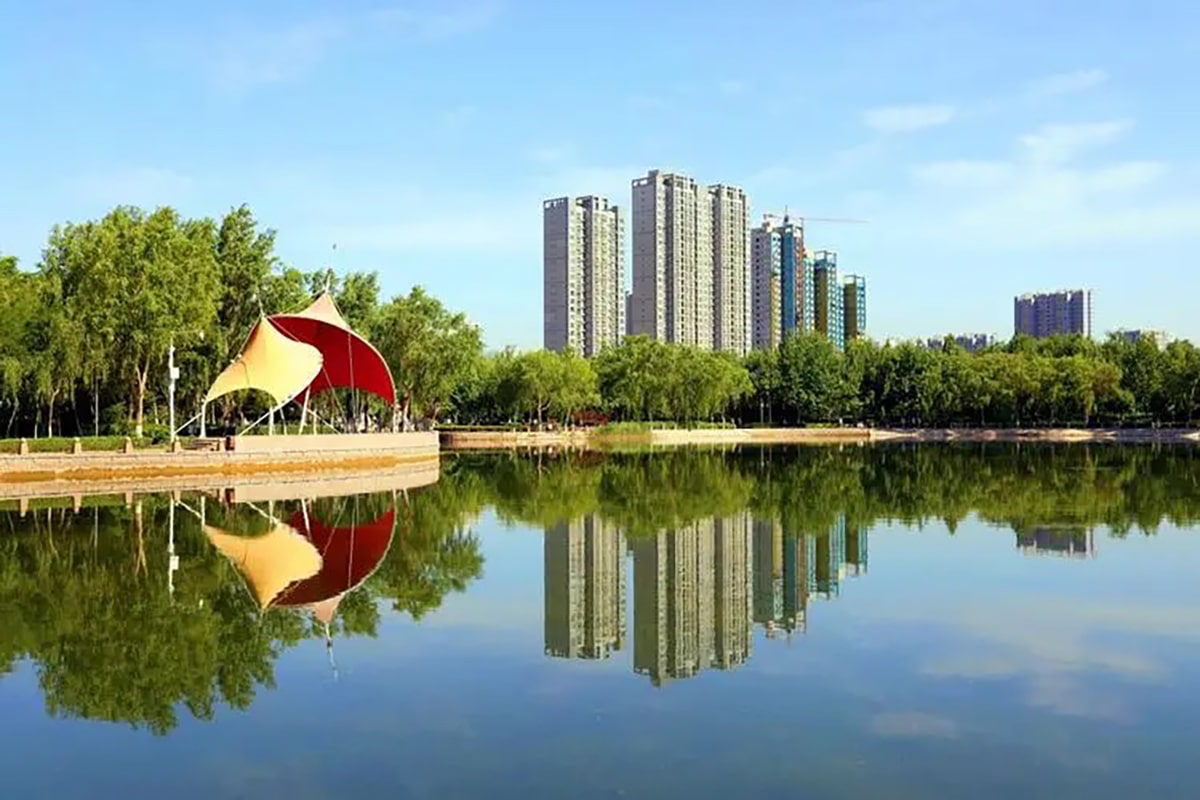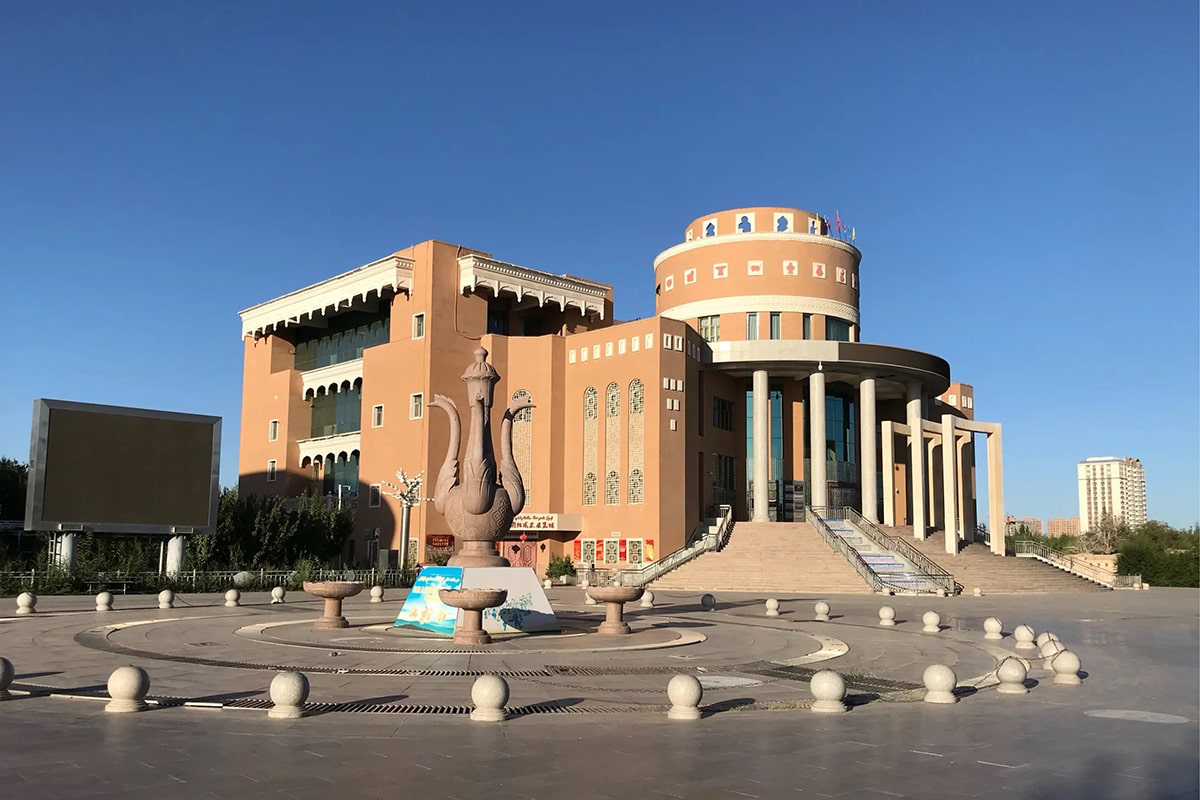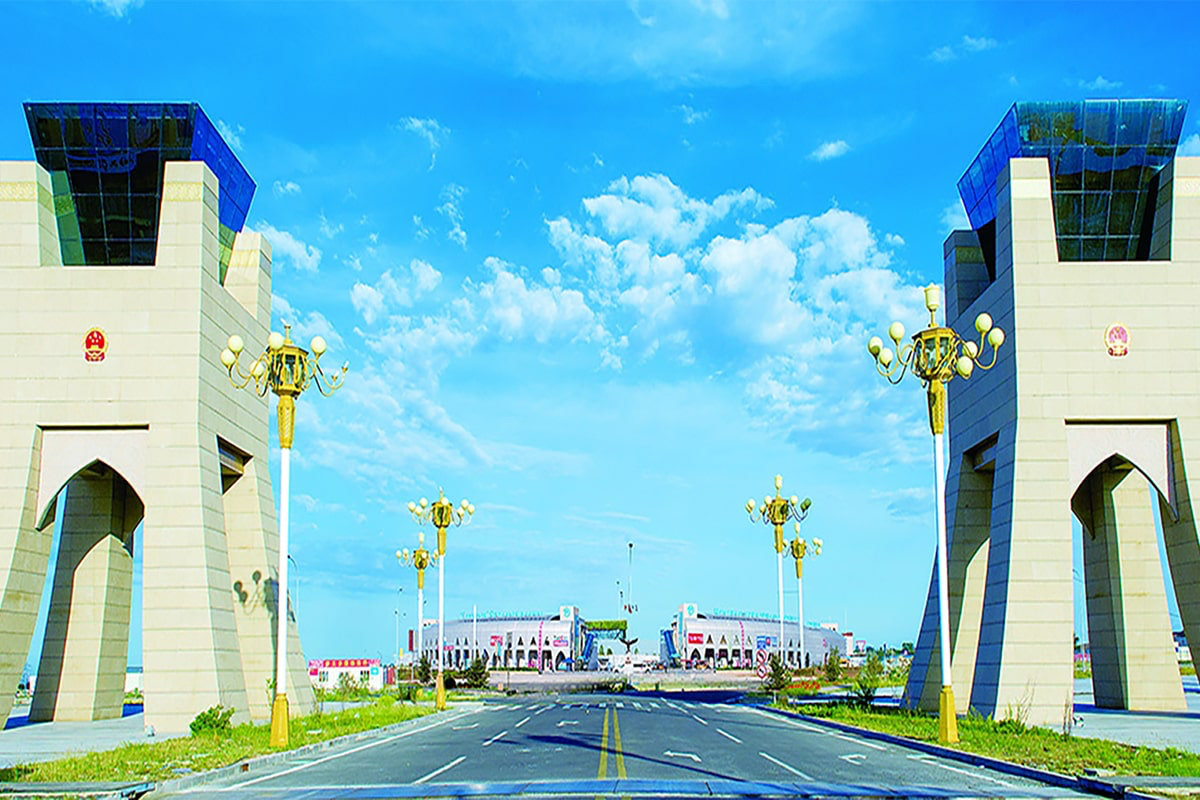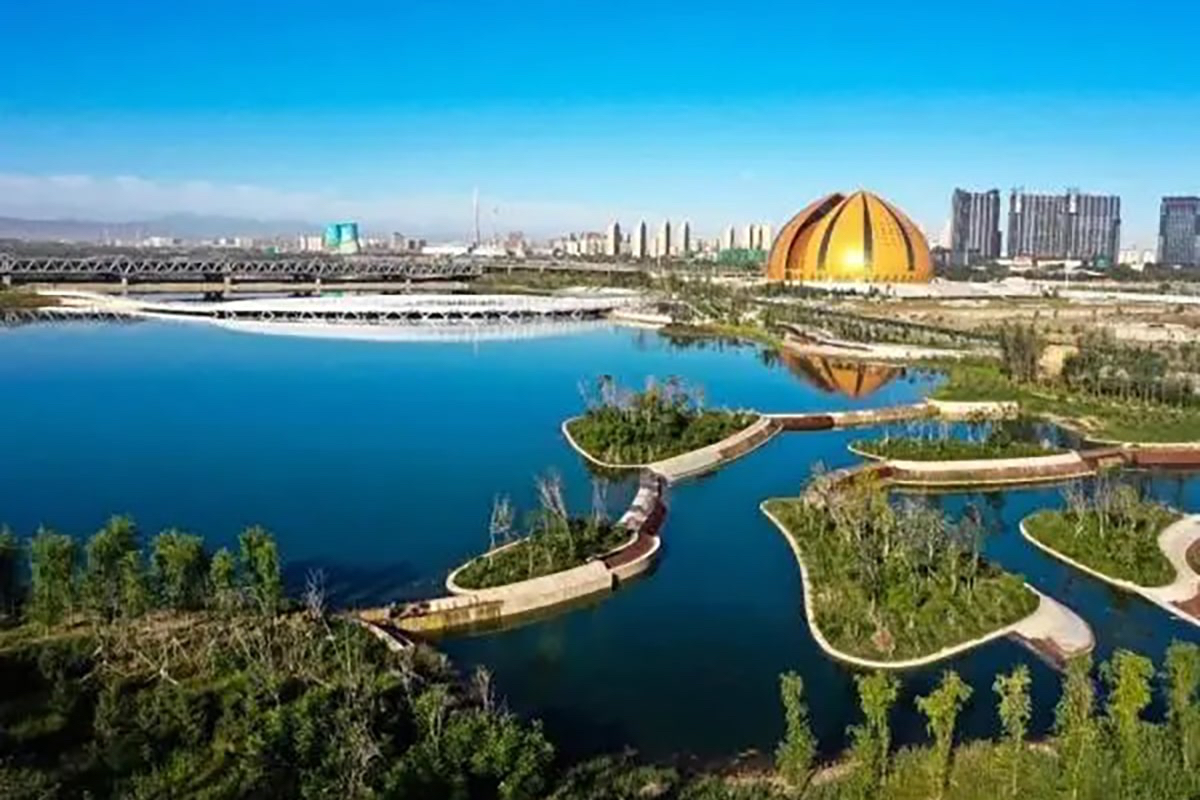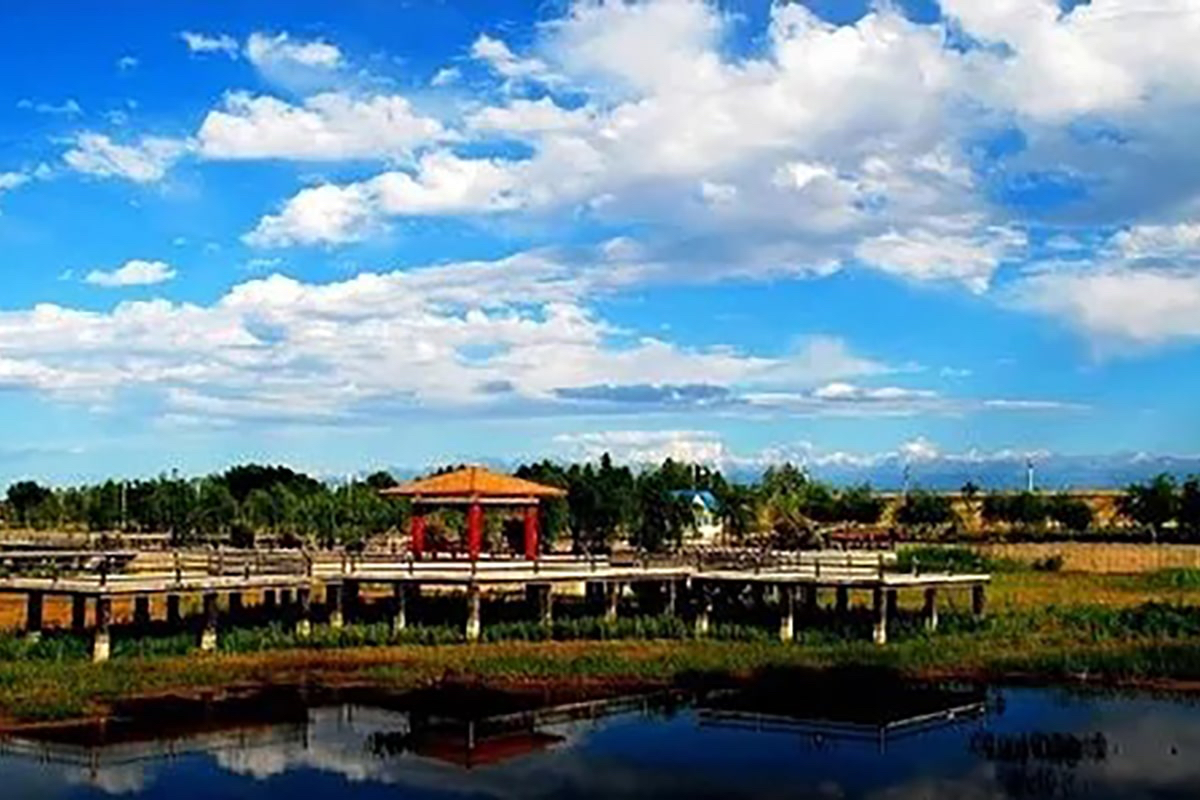Korle Travel Guide
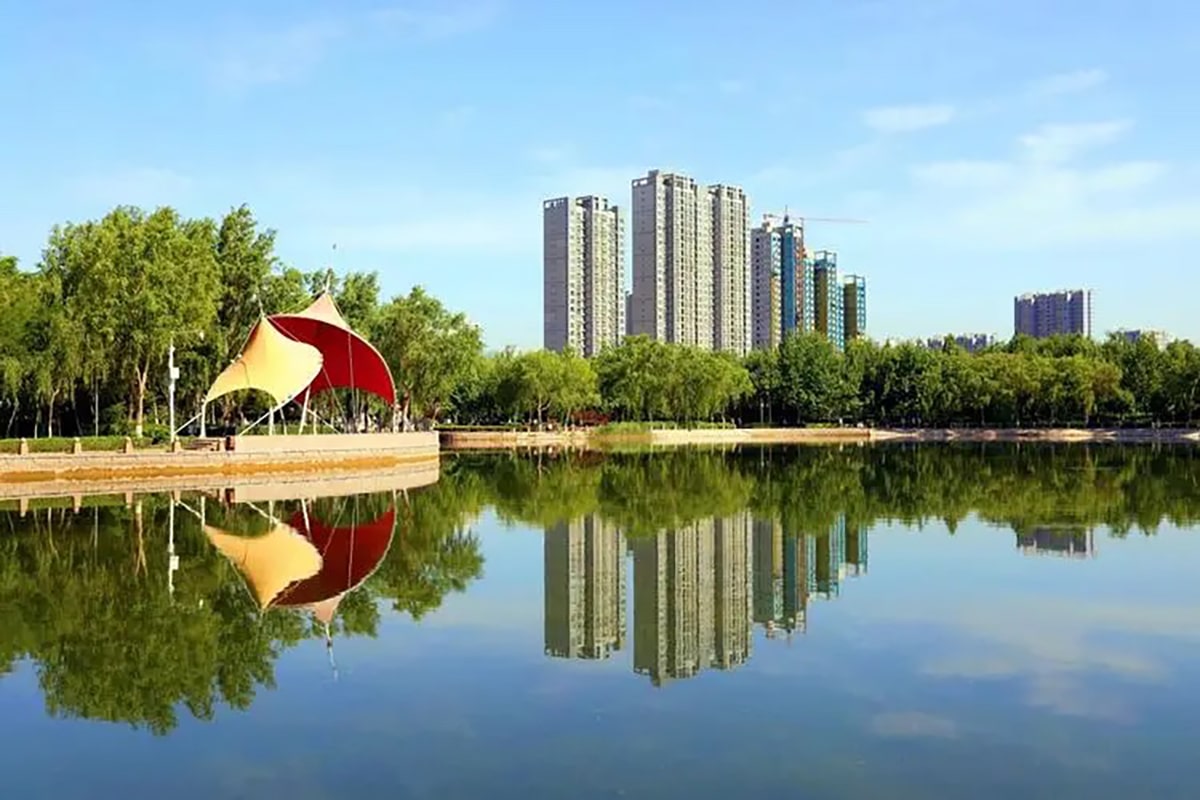
Korla is a county level city under the jurisdiction of Bayingolin Mongolian Autonomous Prefecture of Xinjiang Uygur Autonomous Region, China. It is the prefecture level administrative capital of Bayingolin Mongolian Autonomous Prefecture. Korla City is located in the central part of Xinjiang, the southern foot of the Tianshan Mountains, the northeastern edge of the Tarim Basin, north of the Tianshan Mountain branch, south of the world's second largest desert - Taklimakan Desert. It is the choke point of the ancient Silk Road and one of the cradles of Western Regions culture, an important transportation hub and material distribution center in northern and southern Xinjiang, as well as an important political, economic and cultural center in the region. Korla covers an area of 7,268 square kilometers and has a population of 477,710. Korla has 23 ethnic groups, including Han, Uygur, Hui, Mongolian and so on.
Korla means Overlooking in Uyghur language. It is also known as the Pear City because of the famous Korla Fragrant Pear.
● What to do & where to go in Korla
As an excellent tourist city in China, Korla is surrounded by 7 national key cultural relic protection units, 28 residential cultural relic protection units in the autonomous region and more than 300 cultural relic protection sites with archival records. There is a famous Iron Gate Pass in the mountain valley in the northern part of the city. It is said in ancient China that "If one man guards the pass, ten thousand people cannot get through" because of its danger and precipitous position.
The unique geographical location of Korla gives birth to unique tourism resources. In 1998, Korla was selected into the first list of China's outstanding tourism cities.
Historically, Korla was the choke point of the Silk Road. There are 14 first class and 40 second class cultural relics under state protection in the neighborhood and 240 cultural relics and historic sites have been included in the state cultural relics archives. It has attracted numerous Chinese and foreign tourists and scientific workers. There are also many unique natural landscapes around Korla City such as Bosten Lake, Bayanbulak Grassland, Swan Lake, Gongnaislin Sea, Tarim River, Tianshan Stone Forest, Yadan Wonder, the world's longest desert highway and Muztagh Peak which is 6,973 meters above sea level. All these are good places for people to travel and explore. In terms of ethnic customs, there are mainly Mongolian "Nadam", the Uygur "Macilaifu" and other folk culture and art.
● What to eat in Korla
Korla fragrant pear, Bosten Lake grilled fish, Korla ketchup, boiled mutton, noodles, cold rice noodles, kebabs, yoghurt, pilaf stuffed bun, various Naan - crispy cakes and so on.
● Transportation
Korla is an important traffic artery leading to northern and southern Xinjiang and has formed a three-dimensional traffic network criss-crossing urban and rural roads, transit highways, railways, aviation and pipeline transportation, becoming the second largest traffic hub in Xinjiang, second only to the capital Urumqi.
Railway: The southern Xinjiang Railway passes by Korla. In 1984, Korla section of the Southern Xinjiang Railway was officially opened. A tourist train between Korla and Urumqi and a direct train between Korla and Xian have been opened. In addition, the western extension of the Southern Xinjiang Railway between Korla and Kashgar was completed and opened to traffic in 2000. On December 9, 2020, the Geku Railway (Golmud City of Qinghai Province and Korla City of Xinjiang Uygur Autonomous Region) completed full operation.
Highway: National highway 218 and 314 across the territory. Korla is 480km to Urumqi, the capital city of Xinjiang.
Airport: Korla Licheng Airport is located 17 kilometers from the center of Korla. There are flights to 36 cities in Xinjiang and cities in China’s inland including Urumqi, Kashgar, Yining, Hotan, Aksu, Karamay, Shihezi, Turpan, Hami, Altay, Tacheng, Bole, Kuqa, Tumushuke, Shache, Yutian, Emo, Ruoqiang, Beijing, Zhengzhou, Chongqing, Chengdu, Xian, Baotou, Lanzhou, Xining, Hangzhou, Wuhan, Jinan, Qingdao, Hohhot, Nanjing and Shijiazhuang.
● Climate
Korla has a warm temperate continental arid climate with a total sunshine of 2,990 hours, an average frost free period of 210 days, an average annual temperature of 11.4℃, a minimum of -28 ℃, an average annual precipitation of 58.6 mm and an annual maximum evaporation of 2,788.2 mm. The dominant wind direction is northeast. Korla has a mild climate and fertile soil. The mother river of Korla, the Kongque River runs through the city, reaching 271 kilometers in the territory of the city with an average annual runoff of 1.18 billion cubic meters.
- HOTEST
- RECOMMEND
